Welcome to our blog about the best vegan post-workout recovery! Finding the correct combination of nutrients to nourish your body after an exercise can be difficult as a vegan. However, with a little planning and imagination, you can prepare a delightful and nutritional post-workout meal that can aid in muscle recovery and rebuilding.
This blog will go through the critical elements that are essential for post-workout recovery, as well as some delicious plant-based options for getting these nutrients into your diet. We’ll also go over some quick and easy vegan meal and snack ideas that you can enjoy after working out at the gym or going for a run.
We hope you’ll find this blog useful and interesting, whether you’re a seasoned vegan athlete or just starting to include more plant-based meals in your exercise program. Let’s get this party started!
5 Key Nutrients That Are Important For Post-Workout Recovery
1. Proteins: Protein helps repair and rebuild damaged muscles after exercise
Protein is a crucial component for post-workout recovery because it aids in the repair and rebuilding of damaged muscles. When you exercise, you cause microscopic tears and damage to your muscles. Your body needs a sufficient supply of protein to repair and rebuild these muscles. Protein is composed of amino acids, which are the structural components of muscle tissue.
Your body’s demand for protein increases during and after exercise to promote muscle repair and rebuilding. Consuming enough protein after an exercise can help with muscle healing and adaption. Meat, poultry, fish, eggs, dairy products, legumes, and plant-based sources of protein such as tofu and soy are all good sources of protein. Protein should be consumed within the first hour after exercise to improve muscle repair and recovery.
2. Carbohydrates: Replenish glycogen stores and provide energy for the body
Carbohydrates are essential for post-workout recovery because they restore glycogen stores and offer energy to the body. Glycogen is a complex carbohydrate stored in the liver and muscles that serve as the body’s principal source of energy during physical activity. When you exercise, your body uses glycogen as a fuel source. Because glycogen stores are drained during exercise, replenishing them is critical for good physical performance and recuperation.
Consuming carbs after exercise can aid in glycogen replenishment and muscle rehabilitation. Grains, fruits, vegetables, and dairy products are all good sources of carbs. To improve glycogen regeneration and recuperation, it is generally recommended to ingest carbs during the first hour following exercise. Carbohydrates not only help with muscle rehabilitation, but they also supply energy to the body, which is crucial for overall health and well-being.
3. Electrolytes: Electrolytes such as sodium, potassium, and magnesium, help maintain proper fluid balance and support muscle function
Electrolytes are essential nutrients for post-workout recovery because they aid in fluid balance and muscular function. Electrolytes are minerals that, when dissolved in water, convey an electric charge. They are required for optimal fluid balance in the body and participate in several physiological functions, including muscle function.
Electrolytes such as sodium, potassium, and magnesium are lost through sweat during exercise, which can result in electrolyte imbalances. Consuming electrolytes after exercise can aid in the restoration of normal electrolyte balance and muscle repair. Sports drinks, coconut water, and electrolyte-rich foods like bananas, spinach, and avocados are all good sources of electrolytes. Rehydrating with fluids and electrolytes after exercise is critical for good physical performance and recovery.
4. Anti-inflammatory nutrients: Nutrients such as omega-3 fatty acids and antioxidants, can help reduce inflammation and muscle soreness.
Anti-inflammatory foods are essential for post-workout recovery because they minimize inflammation and muscle stiffness. Inflammation is a typical physiological response to tissue damage, which includes muscle damage during exercise. While some inflammation is required for muscle repair and recovery, too much inflammation can cause muscle discomfort and reduced muscle function.
Anti-inflammatory foods can help minimize inflammation and muscular discomfort after exercise. Omega-3 fatty acids, found in fatty fish like salmon as well as nuts and seeds, are a form of anti-inflammatory food that has been proven to have anti-inflammatory properties. Antioxidants, which can be found in a range of fruits and vegetables, can also aid in the reduction of inflammation. Consuming anti-inflammatory foods can help with muscle rehabilitation and overall health.
5. Hydration: Proper hydration is important for optimal physical performance and recovery. It is important to rehydrate with fluids and electrolytes after exercise
Hydration is essential for post-workout recovery since it is required for maximum physical performance and recuperation. When you conduct physical activity, your body sweats to cool itself off. This might result in fluid and electrolyte imbalances, which can hurt physical performance and recuperation.
Rehydrating with fluids and electrolytes after exercise is critical for good physical performance and recovery. Water is the most vital and basic hydration option, but electrolyte-containing sports drinks can also assist replenish electrolytes lost through sweat. To optimize hydration and recovery, it is generally recommended to eat fluids and electrolytes during the first hour following exercise. Hydration is also essential for overall health and well-being.
10 Plant-Based Options For a Nutritious Vegan Diet
- Beans, lentils, and chickpeas are abundant in protein, fiber, and a variety of vital vitamins and minerals.
- Whole grains (quinoa, brown rice, and oats): These are high in complex carbohydrates, fiber, and a variety of critical elements.
- Nuts and seeds (almonds, chia seeds, and flaxseeds, for example): These are abundant in healthy fats, protein, and a variety of vitamins and minerals.
- Leafy greens (such as spinach, kale, and collard greens) are high in nutrients such as vitamins K, A, and folate.
- Cruciferous vegetables (such as broccoli, cauliflower, and Brussels sprouts) are high in fiber, vitamins, and minerals, and may help prevent cancer.
- Berries (strawberries, blueberries, and raspberries, for example) are strong in antioxidants, fiber, and a variety of critical elements.
- Root vegetables (such as sweet potatoes, carrots, and beets) are abundant in fiber, vitamins, and minerals, as well as complex carbohydrates.
- Fermented foods (such as sauerkraut, kimchi, and miso) are high in probiotics and can help maintain healthy gut microbiota.
- Plant-based protein sources (such as tofu, tempeh, and edamame) are high in protein and can be utilized in place of animal-based proteins in a variety of dishes.
- Avocado is a high-fat, nutrient-dense food high in healthy monounsaturated fats as well as a variety of critical vitamins and minerals.
9 Easy And Convenient Vegan Meals And Snacks After Workout
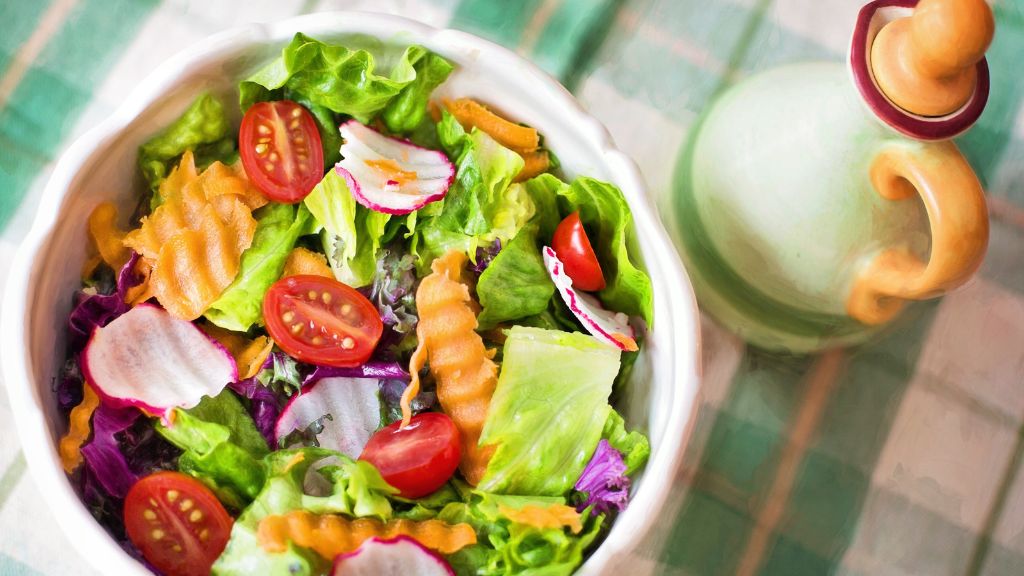
1. Energy balls:
To make a dough, combine oats, nut butter, maple syrup, and any additional preferred ingredients (such as chocolate chips, dried fruit, or seeds). Refrigerate the dough balls until ready to serve.
2. Banana smoothie:
For a quick and easy post-workout smoothie, combine a banana, plant-based milk, and any additional preferred ingredients (such as frozen berries, protein powder, or nut butter).
3. Avocado toast:
Spread avocado on toast and top with salt, pepper, and any other desired toppings (such as tomato, sprouts, or microgreens).
4. Hummus and veggies:
Dip sliced vegetables (such as carrots, bell peppers, or cucumber) into store-bought or homemade hummus for a quick and easy snack.
5. Energy bars:
Make homemade energy bars by combining oats, almonds, dried fruit, and any other ingredients you like (such as chocolate chips, protein powder, or coconut oil). Refrigerate the mixture in a lined pan until hard.
6. Baked sweet potato:
Bake or microwave a sweet potato and top it with your favorite toppings, such as black beans, salsa, and avocado.
7. Quinoa and roasted vegetables:
Cook the quinoa according to the package directions, then roast the vegetables in the oven. For a quick and filling supper, combine the quinoa and vegetables.
8. Grilled tofu and salad:
Grill tofu pieces and serve with a simple salad of mixed greens and toppings (avocado, lettuce, and tomato) on a whole grain tortilla, then fold into a burrito.
9. Peanut butter and banana sandwich:
For a quick and easy snack or light lunch, spread peanut butter and sliced banana on a slice of whole-grain bread.
5 Frequently Asked Questions On Post Workout Diet For Vegan
Beans, lentils, tofu, tempeh, nuts, seeds, and whole grains are all good plant-based protein sources for post-workout recovery. Plant-based protein powders derived from sources such as peas, rice, and hemp can also be a viable option.
Protein should be consumed within the first hour following a workout because this is when muscle protein synthesis (the process by which your body develops and repairs muscle tissue) is at its peak. If you are unable to take protein during this period, it is still critical to include protein in your meals and snacks throughout the day to support muscle healing and growth.
Aside from protein, it’s critical to consume enough carbohydrates and electrolytes (such as salt and potassium) to replace glycogen stores and rehydrate the body after an exercise. These nutrients can be found in fruits, vegetables, and whole grains.
While plant-based protein sources may not include all of the essential amino acids in the same amounts as animal-based protein sources, you can still meet your protein and amino acid needs on a vegan diet by consuming a range of plant-based protein sources and pairing complementary protein sources (such as rice and beans) at the same meal.
A vegan protein bar, tofu or tempeh stir-fry with rice, or a hummus and vegetable wrap are some quick and easy post-workout snack alternatives.
Conclusion
Finally, vegans must ensure that their post-workout diet has adequate protein, carbs, and electrolytes to support muscle recovery and growth. Plant-based protein sources such as beans, lentils, tofu, tempeh, nuts & seeds, and whole grains can supply the amino acids required for muscle regeneration. It is advised that protein be consumed during the first hour following a workout, but protein should also be included in meals and snacks throughout the day.
Aside from protein, it’s critical to acquire adequate carbohydrates and electrolytes from foods like fruits, vegetables, and whole grains. It is simple to prepare pleasant and nutritional post-workout meals and snacks that support muscle recovery and overall health on a vegan diet with a little planning and ingenuity.
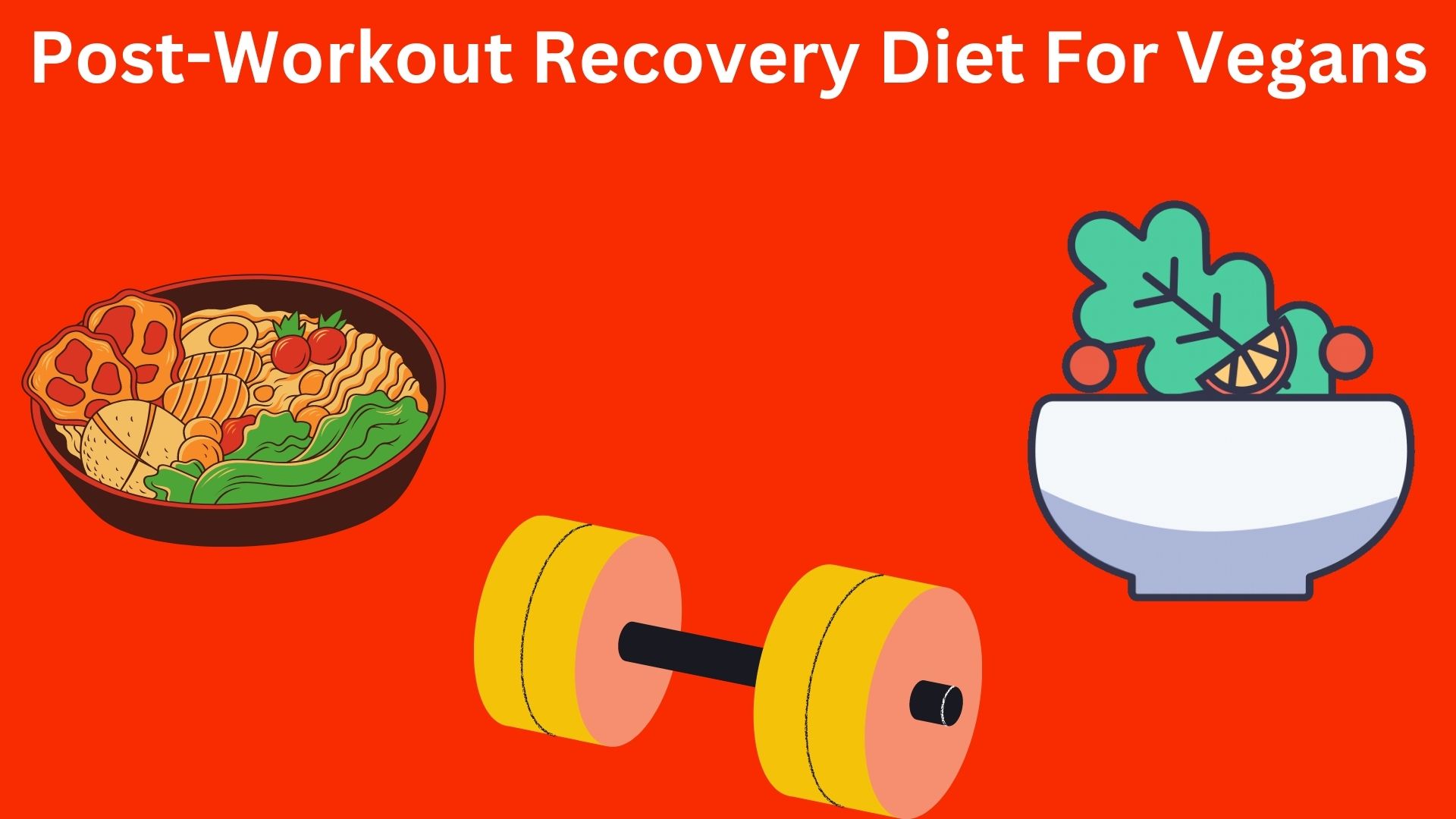
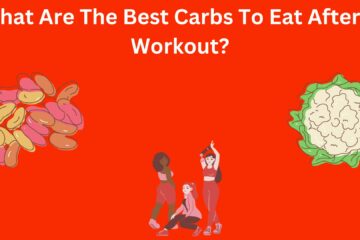
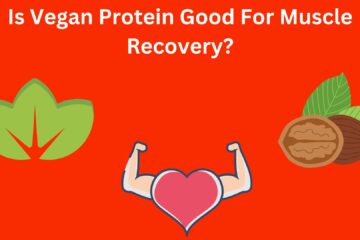
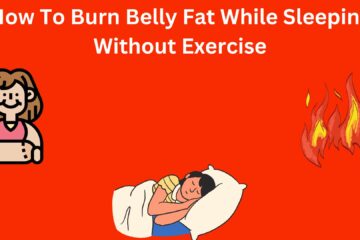
[…] to the finest vegetarian exercise recipe blog! This blog is for you if you are a seasoned vegetarian athlete or simply want to include more plant-based foods in your exercise program. Today we look at the […]